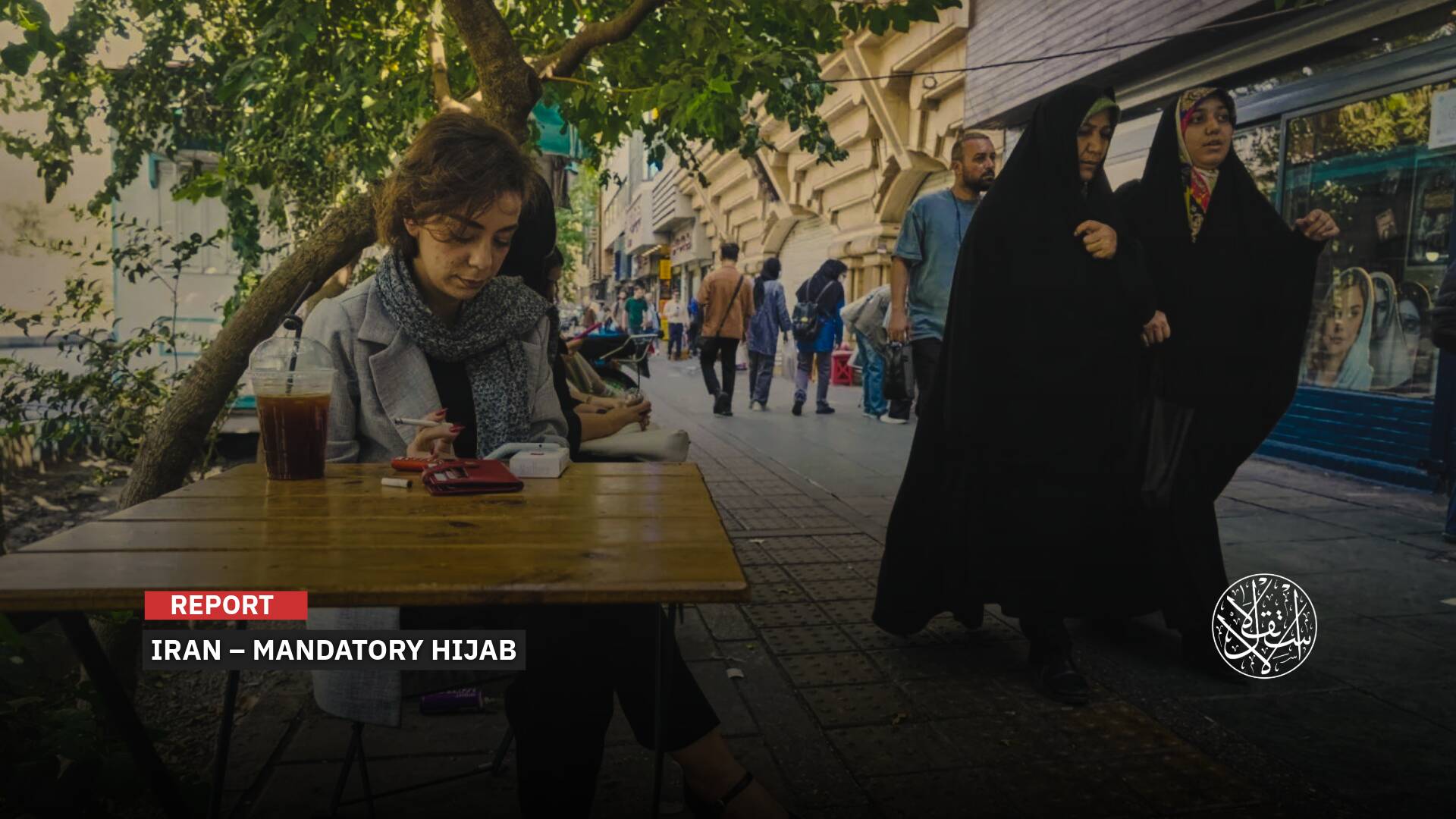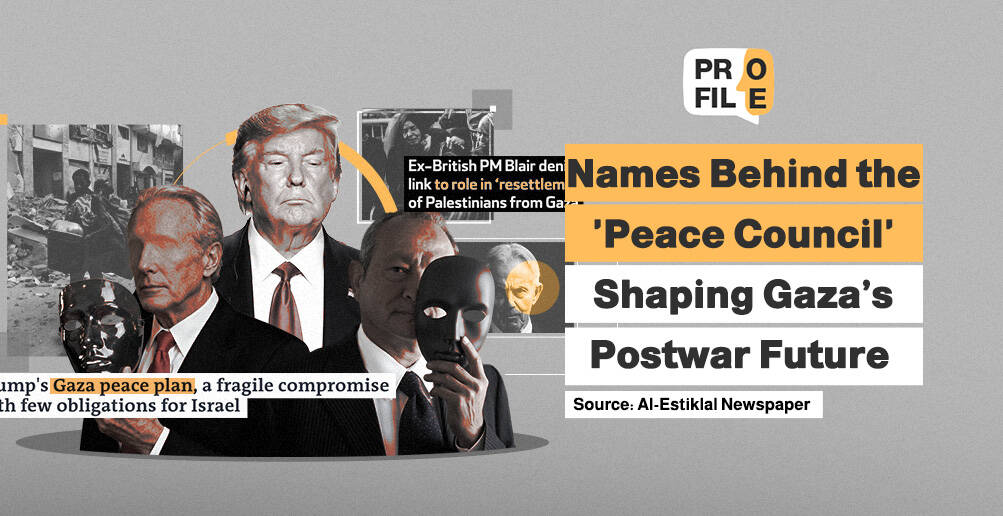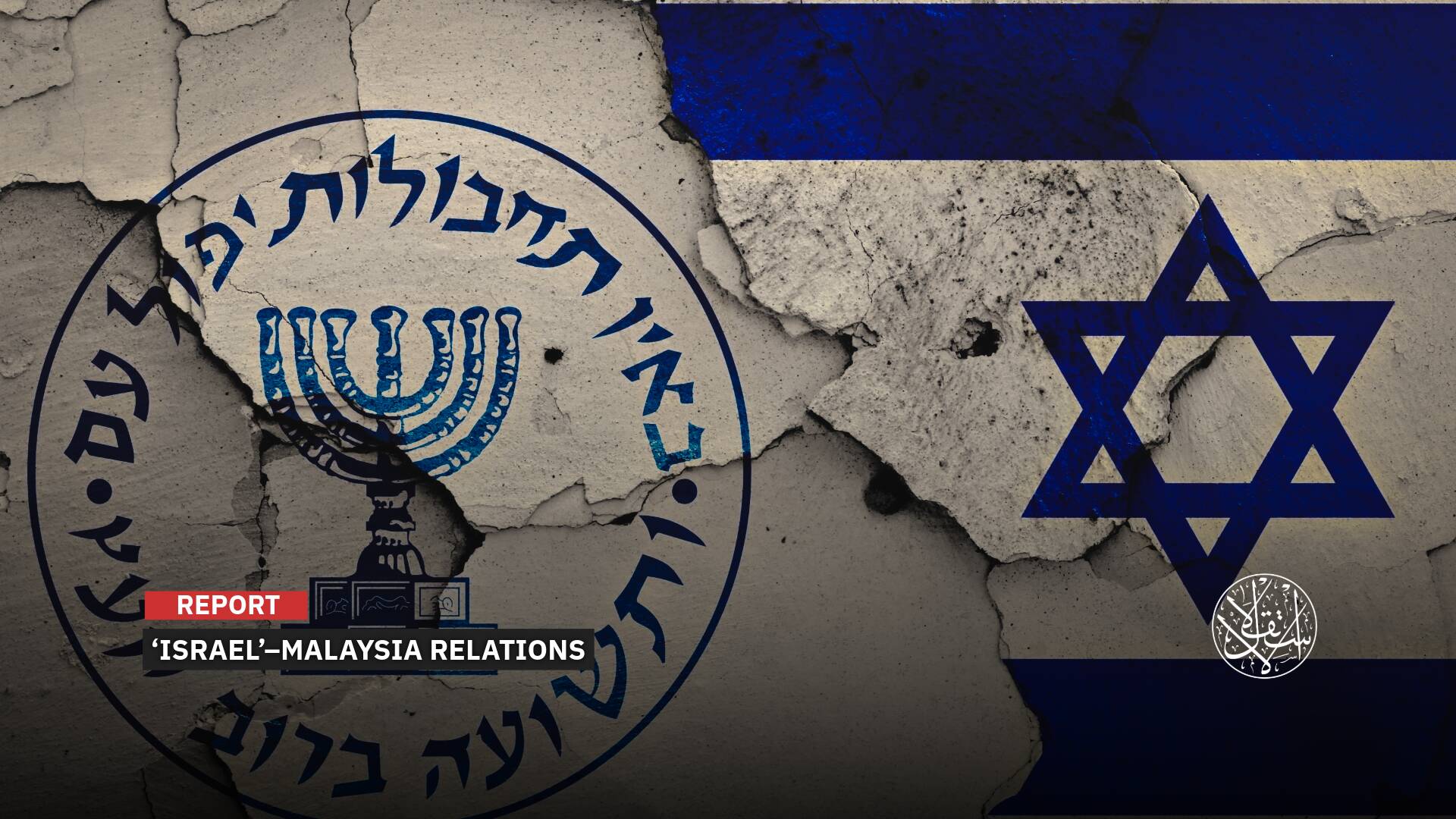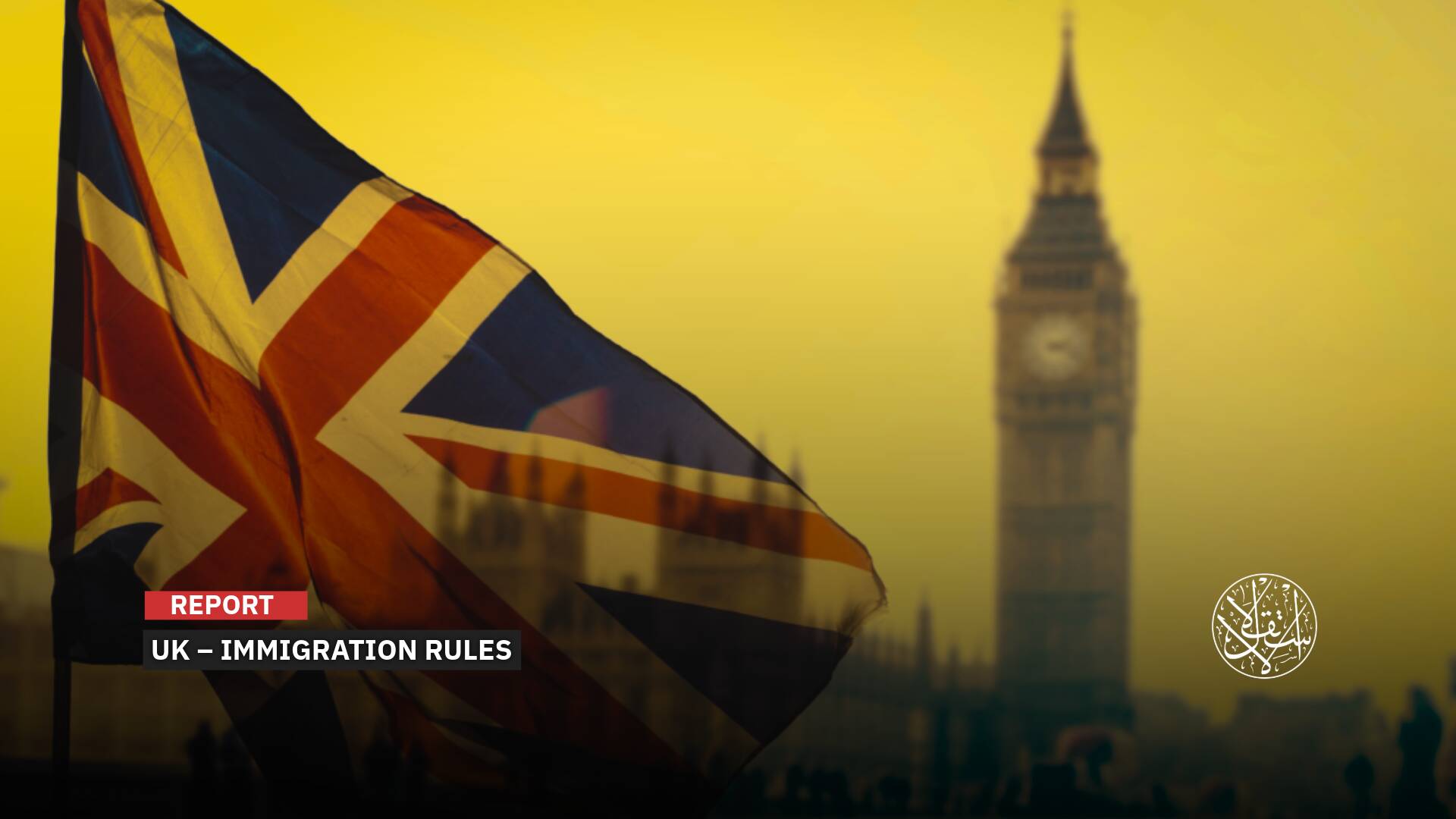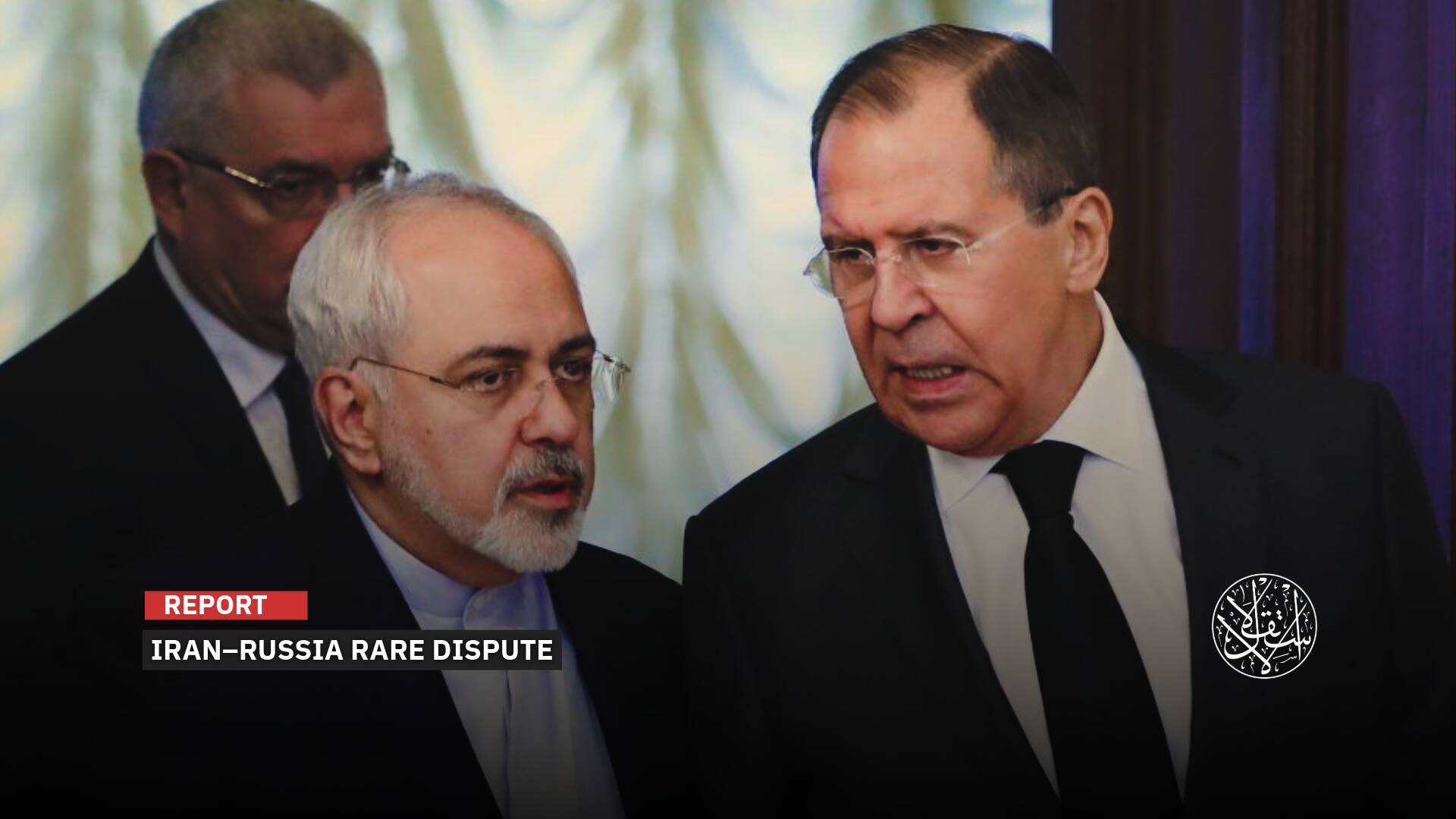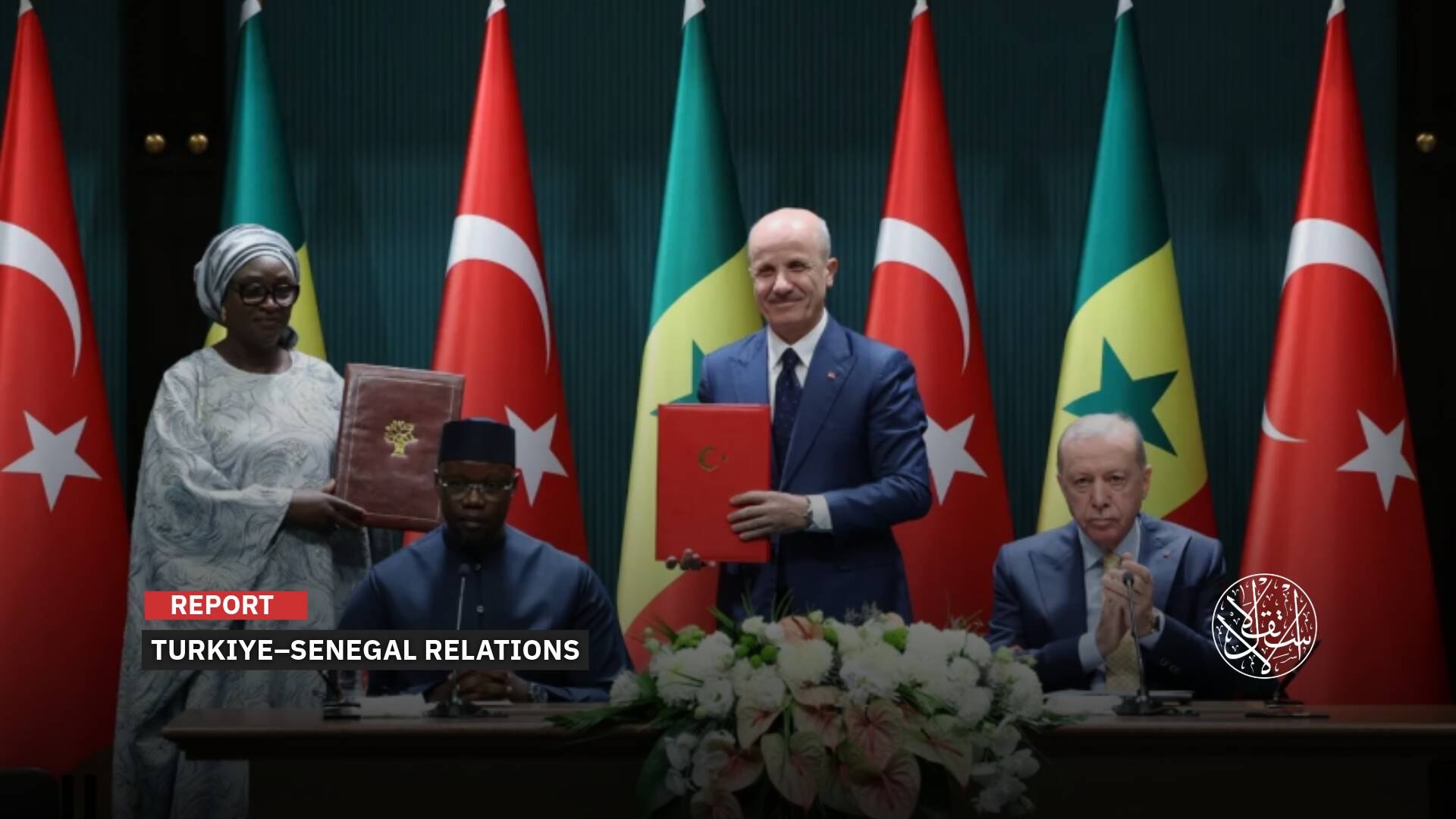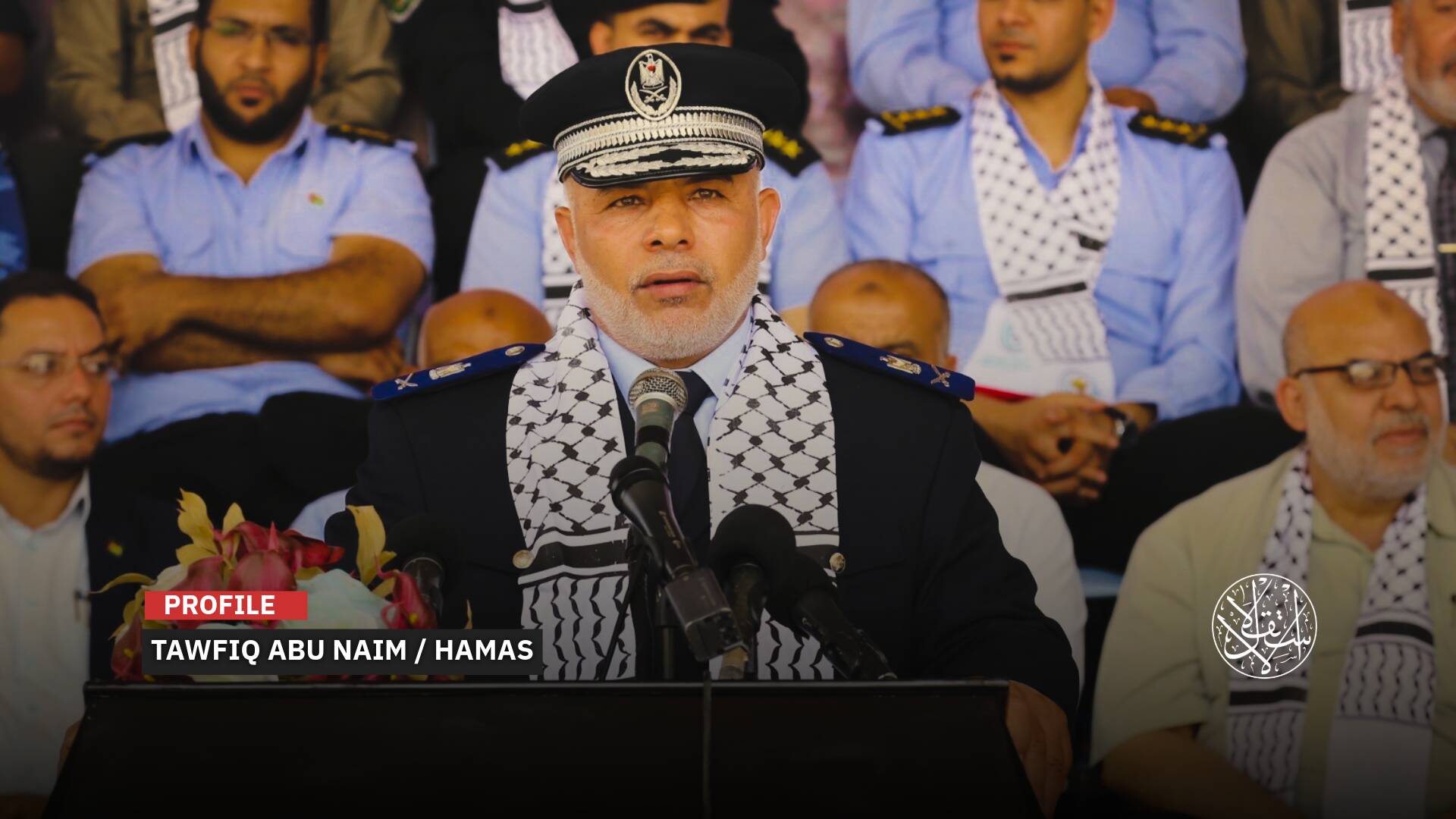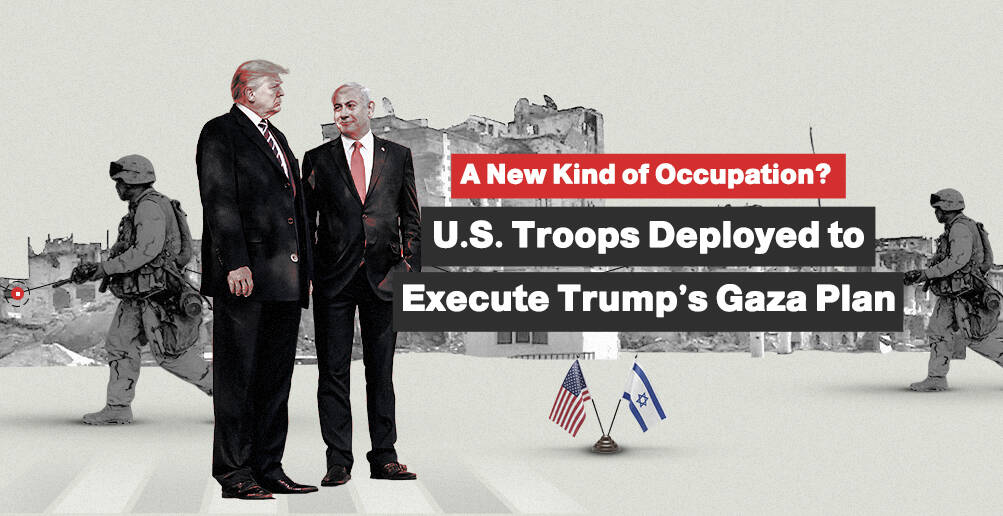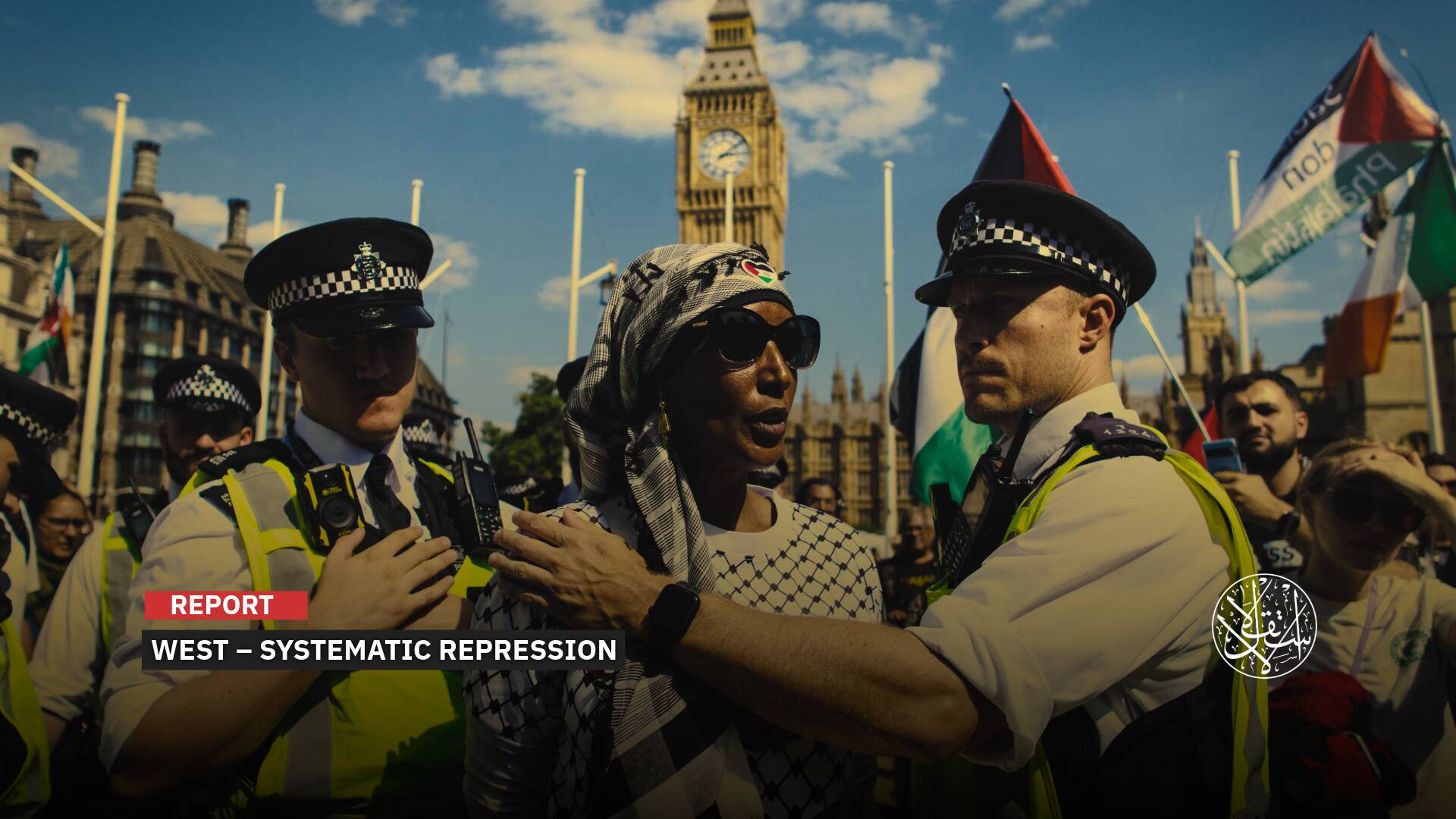Why Does the New Brazilian President Raise Israelis’ Concerns? — Radical Transformations Are Expected

In early January 2023, the new Brazilian President Luiz Inacio Lula da Silva officially took office in a historical moment.
This has led to controversy about his future foreign policies, especially over the Palestinian issue.
Observers believe that with da Silva’s rise to power in Brazil, Palestine will gain “an important friend” who will support its rights in the largest and most influential Latin American country within the international system.
Da Silva, who has leftist leanings, pledged during his election campaigns to work on the critical Palestinian situation and to confront the injustice to which the Palestinians are subjected by successive Israeli governments.
Many have high hopes for da Silva, known as the “Father of the Poor,” in the presidency, which he previously held for two consecutive terms between 2003 and 2010, in order to play a new leading role on the Palestinian issue.
He was the first to recognize the Palestinian state on the 1967 borders in Latin America, and the rest of the continent followed in his footsteps.
Israeli Concern
Over recent years, the Israeli regimes have made remarkable progress in Latin America in an attempt to break the state of hatred and hostility against Israelis in the distant continent.
The Israeli Occupation and Brazil developed strong relations during the rule of former far-right President Jair Bolsonaro (2019-2023), who was known for his great enthusiasm for closer cooperation and alliance with “Tel Aviv.”
Even his wife, Michelle Bolsonaro, appeared during her vote in the presidential elections that took place in October 2022, next to her husband, wearing the flag of “Israel.”
On January 12, 2023, Yedioth Ahronoth Hebrew newspaper shed light on the “disturbing rise” of Lula da Silva and the new future relations between Brazil and the Israeli Occupation.
It said: “The new left-wing Brazilian president, Lula da Silva, has embarked on radical transformations in his country’s relations with Israel after his rise to power.”
It indicated that the first decisions taken by da Silva were the overthrow of the Brazilian ambassador to Tel Aviv, Gerson Menandro Garcia de Freitas, who was appointed by his predecessor, Bolsonaro.
De Freitas was very close to the Israeli government and worked to enhance military cooperation between the two sides, in addition to announcing his intention to move the Brazilian embassy to occupied Jerusalem.
The Hebrew newspaper stressed that the future of relations between the two countries is blurred in the presence of Lula as President of Brazil.
It added: “One of the disturbing evidence of his orientations towards Israel is the declaration of his foreign minister, Mauro Vieira, that his country will cooperate with Arab countries, especially Palestine.”

With the Keffiyeh
The Israeli fears are due to the Israeli Occupation conviction that Brazil, under the rule of the left, will be one of the strongest countries supporting the Palestinian cause.
In 2014, Brazil withdrew its ambassador in Tel Aviv in protest of the war it waged on the Gaza Strip, and the then-president was left-wing Dilma Rousseff.
But the credit for these trends goes to da Silva himself, who laid the line for a strong Brazilian foreign policy against the Israeli Occupation and support of the Palestinian people.
During his first term, specifically in December 2010, Lula recognized a Palestinian state on the 1967 borders.
This came in a message published by the Brazilian Ministry of Foreign Affairs at the time, in which it confirmed that this recognition comes in line with the principles that Brazil defends.
The message pointed out that the Brazilian president supports the legitimate aspirations of the Palestinian people for a unified, secure, democratic, and economically viable state that lives in peace with “Israel.”
But the matter goes beyond politics and official protocols to the belief of the leftist president, who had taken more forceful positions, including appearing on more than one occasion wearing the famous Palestinian keffiyeh, a symbol of the ongoing Palestinian struggle, including his inauguration of “Brazil Street” in Ramallah during his visit to the West Bank in 2010, when he appeared in front of the media wearing a Palestinian keffiyeh.
In June 2022, during his campaign for the presidency, da Silva met with members of the Palestinian community in Rio de Janeiro in the presence of a delegation from the Palestinian Arab Federation (FEPAL) and other leaders of the Palestinian community in the country.
Da Silva stressed during the meeting that the Palestinians deserve full attention and solidarity, stressing the importance of relations between Brazil and Palestine.
He pointed out that the Palestinian people have the right to live in a free and sovereign state, adding that he will work to re-establish the leadership role of Brazilian foreign policy in mediating conflicts and the right of peoples to defend themselves.
According to the Palestinian news and information agency WAFA, the Palestinian community residing in Brazil is estimated at about 60,000 citizens, waiting for a strong Brazilian role towards their occupied homeland.

Penetration and Resilience
This challenging atmosphere and the change in Brazil’s foreign relations towards the occupied territories brought to mind Israeli plans, which the Israeli Occupation set to make a quantum leap in the largest country in Latin America.
In April 2019, “Israel” was able to breach the Brazilian fence and made strong progress in relations when it persuaded then-Brazilian President Jair Bolsonaro to visit the occupied territory to strengthen cooperation between the two sides.
Upon the visit, Bolsonaro opened for the first time an office for commercial representation in occupied Jerusalem, and during the visit, they discussed his pledge to move his country’s embassy from Tel Aviv to Jerusalem.
During the visit, Bolsonaro also violated traditions that Brazilian politicians have long been keen to respect when they visit “Israel.”
The first was his visit to al-Buraq Wall, accompanied by Israeli Prime Minister Benjamin Netanyahu, in a step that violated Brazilian policy and international resolutions that consider East Jerusalem to be Palestinian territory occupied by “Israel,” nor did he contact the Palestinian authorities, while Brazilian presidents were usually keen to communicate with the Palestinians on such occasions, to confirm the balance of their positions on the Arab–Israeli conflict.
But the matter inside Brazil did not go unnoticed. On November 29, 2019, the first Brazilian Parliamentary Front was launched to support the rights of the Palestinian people, where a number of deputies of the Brazilian Federal Parliament met in a session devoted to commemorating the International Day of Solidarity with the Palestinian People, during which they announced the launch of the front.
The latter consisted of 210 federal deputies and senators out of 594, representing different parties and tendencies united by their belief in the right of the Palestinian people to exercise their rights against the Israeli Occupation’s arbitrary policies.

A Real Shock
In an analytical reading of the new political scene, the left-wing activist residing in Brazil, Fadl Adly, confirmed that the rise of the left once again to power after years of rule by the right is a decisive shift for Arab-Palestinian relations after years of retreat, neglect, and even conspiracy.
He added to Al-Estiklal that “the right wing in Brazil belongs to several religious sects, the most important of which is the evangelical church, to which former President Jair Bolsonaro and his wife and family belonged, as they see rapprochement with Israel as an obligatory religious belief that cannot be abandoned.”
Adly pointed out that the “Zionist entity” opened large areas of political and economic cooperation during the past years to support that movement and make it the ruler and controller of the country.
He continued: “Therefore, the recent presidential election battle was not easy and fleeting, but the results were very close, had it not been for da Silva winning 50.9% of the vote, with a very small difference from Bolsonaro, which means that there is a strong current in favor of policies of rapprochement with Israel, and belongs to the extreme right-wing ideology, what makes the job of the new president more difficult.”
So it is fortunate, according to Adly, that there is a fierce left-wing movement in Brazil that opposes the expansionist, imperialist policies of the West, the United States, and “Israel” and sees in the issue of Palestine the optimal dimension of resistance in its classic, old, continuous form, and these are more supportive of Palestine than some Arabs.
He explained: “Da Silva’s rise set Israel back years in South America, and that this will form a counter-axis with the President of Chile, Gabriel Borek, and the President of El Salvador, of Palestinian origin, Nayib Bukele.”
All of them will be an extension of the leftist struggle here, and they will work to undermine any Zionist penetration, the leftist activist confirms.
In this context, Adly called on the Arabs and Palestinians to strengthen their lobby in those countries to work in a more organized manner and take advantage of all these factors.
Sources
- Yedioth Ahronoth: Has Lula da Silva changed Brazil's policies toward Israel? [Arabic]
- How did Lula da Silva return to the presidency of Brazil? What does that mean for Palestine? [Arabic]
- President da Silva recognizes a Palestinian state within the 1967 borders [Arabic]
- Lula da Silva: Why is the return of the left-wing candidate for the presidency of Brazil a "historic moment"? [Arabic]
- Against the government approach... a Brazilian parliamentary front to support the rights of the Palestinians [Arabic]
- Palestinians in Brazil [Arabic]
- Israeli-Brazilian relations... between the struggle of presidents and peoples [Arabic]


